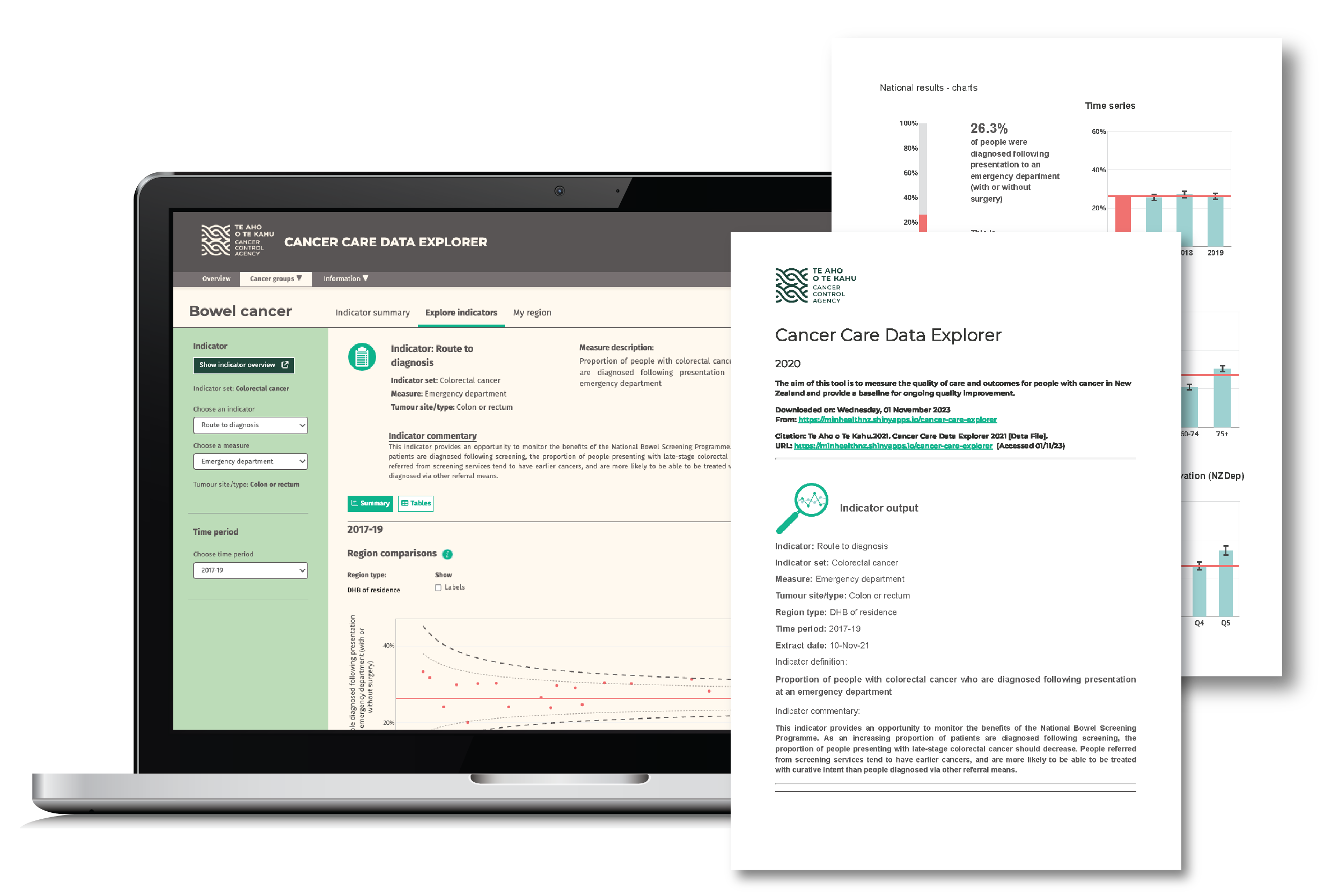Are you working with R or Python for your data analytics, but find yourself lacking a good way to share insights and communicate data? Do you need a solution which allows you to automatically generate up-to-date scientific and technical documentation? If so, then Quarto, the latest open-source reporting framework from Posit, might be right up your alley! Join our “Automated Reporting with Quarto” Masterclass and learn how to harness the power of Quarto, to dynamically create and share high quality reports and presentations, fit these reports into your existing R or Python workflow and have all your favourite analytics built straight in!
Note: All our trainings are supported by fully qualified software engineers and interface design experts trained under our partnership with Posit to bring best practice to participants; whatever their background.
Check out our Masterclasses on R Shiny and Shiny for Python.

Where
Online Masterclass
When
10–21 March 2025
If you are interested in being notified about the next events in our Masterclass Series, please register here.
Or contact us at info@epi-interactive.com if you would like to discuss custom workshops for your organisation.
Why Quarto?
Quarto is one of Posit’s latest multi-language reporting offerings. Having been rigorously developed by the team at Posit as the ‘successor’ to R Markdown, the framework offers full backwards compatibility with the original features of R Markdown, along with new features such as language support for Python and Julia, formats such as RevealJS presentations, HTML, PDF, Microsoft Word, even website and ebook formats! You can even use Quarto documents as an environment for your data science experimentation, thanks to the multi-language integration which allows you to run code directly from the Quarto document itself.
The framework also uses a rich Markdown syntax to provide access to powerful technical and scientific notations such as equations, citations, figures, cross-references, advanced layouts and more. Quarto documents can easily be automated and published to online services such as Posit Connect or Confluence whenever your data changes.
You can be sure that your Quarto documents will be fully reproducible, easily extendable with insightful visualisations, and easily shared and updated to communicate your findings to the decision makers who need them most.
Is this the class for me?
The numbers speak for themselves.
Established in 2018, our Masterclasses and trainings have been completed by over 230 participants from 90 organisations joining from 20 countries. The training is highly interactive, delivered in small groups, enhanced by an online learning platform with active support provided throughout by our team.
Here's what our participants say
The R Shiny Masterclass Series was essential for us to set the foundations that led to the development of an interactive report on use of antimicrobial in dairy production in Quebec, Canada. It covered many of the most important Shiny R features and helped us a lot to pick the best approach. We got hooked and we are thus already working on our next app! We feel Shiny is an awesome way to make complex data and fancy epi work digestible and appealing for stakeholders.
Simon Dufour, Université de Montréal
EPI-Interactive’s R Shiny Masterclass is a great introduction to advanced-level concepts in Shiny. I’d recommend it to anyone who feels like they know the basics of building a dashboard in Shiny and want to know, “What’s next?”
Jan-Yves Ruzicka, Ministry of Business, Innovation and Employment (MBIE)
The advanced Shiny masterclass lived up to (even exceeded) our hopes. Colleagues and I found the sessions well structured, not too lengthy, with a good balance between content and breakout sessions, and practically-oriented. Best of all, the exercises to do between sessions were well designed for us to hone our skills. Managing it all on RStudio Cloud was a genius move.
Paddy Tobias, Social Research Centre Australia
Course instructors

Passionate about building fit-for purpose software for our clients, Nick is our go to problem solver. Along with being fluent in R and R Shiny development, he has a particular passion for spatial data visualisations, performance tuning of Shiny apps, and User Experience (UX) development.

Ben is a resourceful multi-talented developer who is especially skilled when it comes to the back-end of any Shiny project. His awesome background in cloud infrastructure and extensive IT knowledge make him very effective at designing robust Shiny applications with many moving parts.

Poppy brings to the team a passion for creating dynamic digital solutions that meet practical needs and address computational complexities. She is especially talented with rapid development of feature rich Shiny interfaces and visualisations in record time.
Schedule
Session start times
North America
Los Angeles (PDT) | 1pm
- 10 March 2025
- 12 March 2025
- 17 March 2025
- 19 March 2025
Toronto (EDT) | 4pm
- 10 March 2025
- 12 March 2025
- 17 March 2025
- 19 March 2025
Europe
London (BST) | 8pm
- 10 March 2025
- 12 March 2025
- 17 March 2025
- 19 March 2025
Paris (CEST) | 9pm
- 10 March 2025
- 12 March 2025
- 17 March 2025
- 19 March 2025
Oceania
Sydney (AEST) | 7am
- 11 March 2025
- 13 March 2025
- 18 March 2015
- 20 March 2025
New Zealand (NZDT) | 9am
- 11 March 2025
- 13 March 2025
- 18 March 2025
- 20 March 2025
Each session is 90 min long (online Zoom tutorial). We also recommend putting some time aside in-between the sessions to work on assignments and to practice in your own time, ideally at least one hour.
Learning objectives
- Understand the structure of a Quarto document and how each part fits together
- Learn how to use Markdown rich text formatting
- Create static, structured content (E.g. text, images, links, tables) in a Quarto document
- Embed R / Python code and dynamic code chunks into a Quarto document to auto generate content
- Know how to tailor a Quarto document towards PDF / HTML / Word document outputs
- Learn to modularise and parameterise a Quarto document for easy re-use and dynamic reports
- Explore other available output types, such as RevealJS presentations
- Publish a feature complete Quarto report to Quarto Pub
